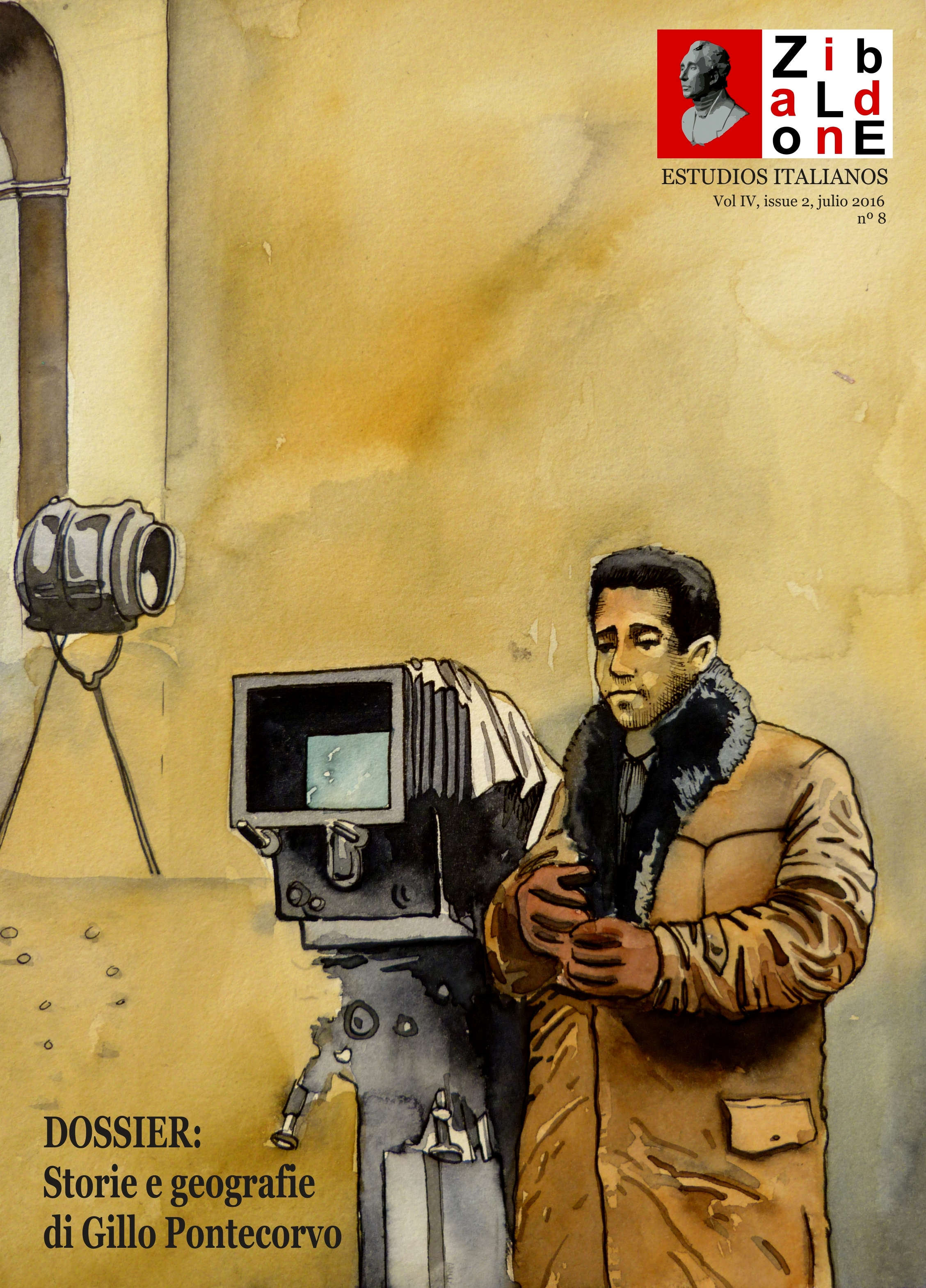the mechanics of power. Queimada
Keywords:
Colonialism, Marlon Brando, Evaristo Márquez, representation, United Artists Abstract
Abstract
The genesis of Queimada, 1968 movements’ suggestions and a partial Pontecorvo’s disappointment with some unfulfilled preconditions. The necessity to conjugate the storytelling in past in order to speak about the present days. A new glance on colonialism. The comparison between the characters of William Walker and José Dolores, and also between their performers: Marlon Brando’s academic background and Evaristo Marquez instinctual naturalism. About representation and mise-en-scene, metaphorized by the double dichotomy Walker/Dolores and Brando/Márquez. Distribution issues with United Artists. A controversial critical reception and a belated reassessment.
 Downloads
Downloads
Downloads
Published
How to Cite
-
Abstract594
-
PDF (Español)364
Issue
Section
License

All contents of this electronic edition, except where otherwise noted, are distributed under a “Creative Commons Attribution 3.0 Spain” license (CC-by). You may read here the basic information and the legal text of the license. The indication of the license CC-by must be expressly stated in this way when necessary.
Self-archiving in repositories, personal webpages or similar, of any version other than the published by the Editor, is not allowed.



